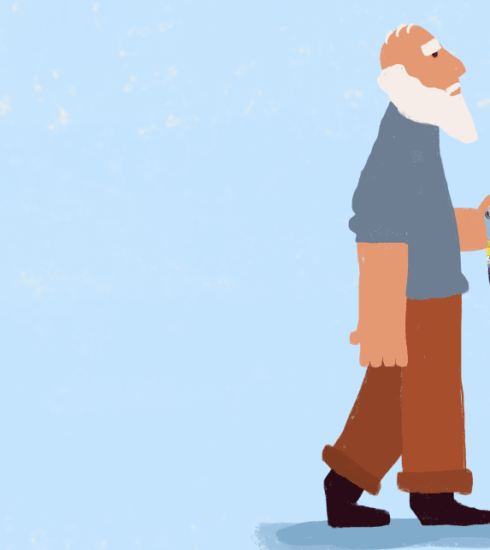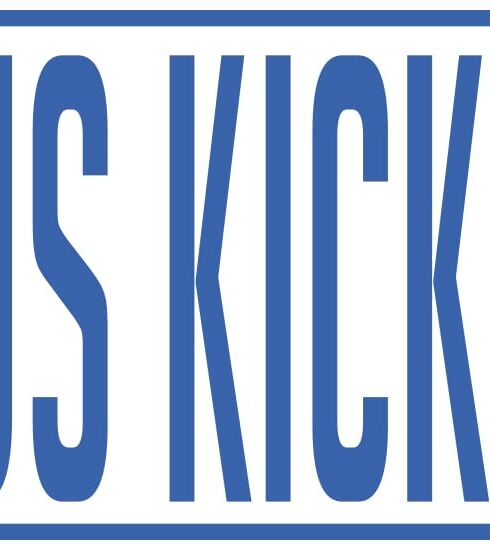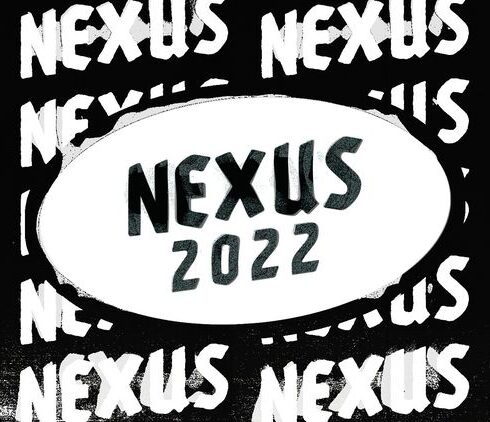But Where Are You Really From?
What is home to you? Whenever somebody asks me where I’m from, I immediately say New Zealand. Sure, I have the passport, but I truly consider this country to be home. However, I was born here to South African parents, so I’m no stranger to the question “but where are you really from?”. To be honest, that question irks me; why is my answer not sufficient? I’ve never been to South Africa, so I don’t consider it to be home. I will always stay in touch with my roots and not be afraid to hide my heritage, but personally when somebody asks me where I’m from, my answer is the place I was born and partly grew up in because that, to me, is home. Questions like these alone show that there are great amounts of misconceptions, stereotypes, and profiling when it comes to race. It’s human nature to be curious, but that should not warrant people demeaning the identity of others. Of course, there is a fine line (I hope we’re all intellectual enough to understand when that line shouldn’t be crossed).
Nevertheless, race is always a tricky subject. You can identify with a certain race, but those people may think that you’re not enough. I’m sure many of you have heard “oh, you’re not dark enough to be from there” or “you’re too white to be Māori”. How is this acceptable? I know that home and race are two separate things, but I feel as if the way some of this question is worded is almost a kick in the face; it’s almost as if the person asking thinks you’re lying to them. I might be overthinking it, but I feel it would be more acceptable if (at the appropriate time and place) you ask something like “is your entire family from here?” or “what’s your ethnicity?”, so why can’t we do that?
In 2017, Christina Zdanowicz and Tiara Chiaramonte for CNN shared the stories of many Americans who had been asked about their ethnicities. The video discusses the experiences of these people who are frequently asked the off-putting question “but where are you really from?”. From being told to go back to their country, beginning to feel inadequate to be called American, and being told that you have to look a certain way to be of a certain ethnicity, these people face the same challenges every day simply because of who they are. And this is not at all uncommon in the rest of the world.
This, of course, applies to New Zealand as well. I’ve heard many stories from friends and family about how other people make them feel inadequate about their identity. Whether that be because of plain ignorance or straight up insolence, many New Zealanders find themselves continuously struggling with other people not being able to accept them as New Zealanders.
We need to be better. Respect goes a long way, but acceptance and understanding goes even further. Racial identity is clouded by stereotypes and judgement, and in order to defeat that, people need to educate themselves on the magnitude of diversity. It’s obviously not as easy as it sounds, but everything starts somewhere. We need to take the smaller steps as individuals so that humanity can take a great leap forward into becoming a better society for the generations to come.
To end this piece, here’s a little word of advice so that the next time your curious mind wants to know someone’s ethnicity, you don’t sound like a complete asshole: there’s a fine line between curiosity and microaggression (which for those who don’t know means “indirect, subtle, or unintentional discrimination against members of a marginalized group”). Never ask this question with any kind of hostile intent, and remember that these kinds of conversations call for an appropriate time and careful wording. Be kind and considerate, always.
Oh, and never seriously utter the question “but where are you really from?”.





